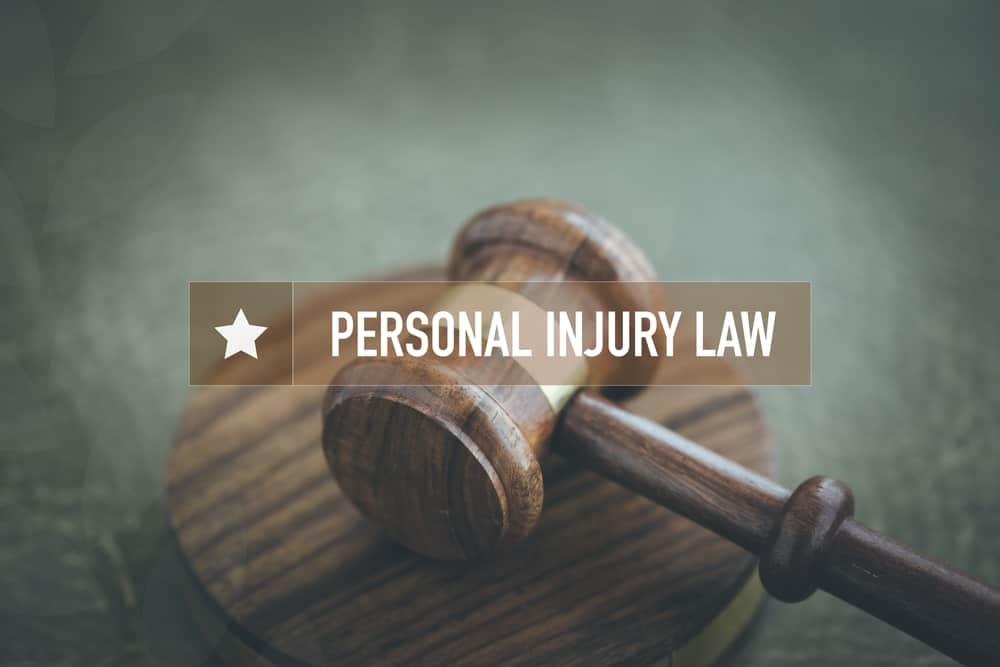Kansas, like all states, sets time limits for filing lawsuits and other civil/criminal actions under its statutes of limitations laws.
These are imposed to create a fair system for all parties involved, allowing both the plaintiff and the defendant to plan and prepare accordingly.
The statute of limitations often affects personal injury claims in Kansas as the full extent of injuries from car collisions or other types of accidents may not be known until well after the incident. Sometimes, too, injuries develop later complications or damaged property is not fixed correctly and the error is not noticed until later.
Here’s what you need to know about the statute of limitations for personal injury claims in Kansas if you’re considering filing a lawsuit.
Statute of limitations for personal injury claims in Kansas
In Kansas, the statutes of limitations are codified in the Kansas Revisor of Statutes.
The statute of limitations, according to Kansas Statutes section 60-513, applies either from the date of the incident that caused your losses or the date that you discover — or reasonably should have discovered — the damage. This allows for the delayed onset of accident injury symptoms or a reasonable and temporary lack of awareness about any losses incurred.
For personal injury claims, the statute of limitations is generally two years in Kansas but can vary from one to eight years, depending on the nature of the case.
The key factors involved are the age of the injured party, the kind of claim brought, and the nature of the party you are attempting to hold liable for damages.
A civil action in Kansas is considered started when a petition is filed with the court if service of process is obtained, or the first publication is made for service by publication within 90 days after the petition is filed (this period can be extended by 30 days by the court if necessary).
Following is an outline of the main statute of limitation periods for various types of personal injury claims in Kansas:
- Negligence: personal injury claims for negligence (most car accidents, slip and fall injuries, premises liability claims, etc.) have a statute of limitations of two years from the date of injury.
- Wrongful death: if an accident resulted in a death, the injured party’s family can file a wrongful death claim against the defendant within two years of the incident.
- Product liability: a lawsuit can be filed against a manufacturer or trader that produces or sells a faulty product (defective design, hidden defects, failure to warn, malfunctioning, etc.) within two years.
- Medical malpractice: professional negligence or act or omission by a physician during treatment of a patient that deviates from accepted norms of practice in the medical community and causes an injury has a statute of limitations of two years.
Minor plaintiffs may be unable to negotiate or agree to a settlement. For such cases, the statute of limitations is extended to one year after their 18th birthday (but not more than eight years after the incident that caused the injury).
Statute of repose in Kansas
The statute of repose cuts off the right to take legal action after a specified period has elapsed, regardless of when the cause of injury occurred.
This is different from the statute of limitations, which imposes time limits for legal action based on when a plaintiff suffered harm.
The statute of repose is only applied to certain types of cases in Kansas. For instance, claims for construction defects are prohibited beyond 10 years after the construction is completed.
Deadline extensions and exceptions to the statute of limitations
The Kansas statute of limitations laws provide very strict rules about the timespan a plaintiff has to file a lawsuit.
Failure to do so within that limit will usually mean that you waive your right to file legal action against another party. However, that is not absolutely set in stone as there are some exceptions.
Before you get to this stage, it’s best to retain a skilled personal injury lawyer to protect you from the types of strategies used by insurance companies and their defense teams when making a personal injury claim.
So, if you or a loved one has been injured in Topeka, speak to a personal injury lawyer at Irigonegaray & Revenaugh, LLP during a free case evaluation. We will begin by advising you of your legal options and assessing how best to claim the compensation you deserve for your accident injuries.
Personal Injury Articles
Motor Vehicle Accidents Due to Texting and Driving in Kansas
Almost everybody knows that they shouldn’t do it but [...]
What If You’re Involved in a Hit-and-Run Motorcycle Accident in Kansas?
Under Kansas law, leaving the scene of an accident [...]



